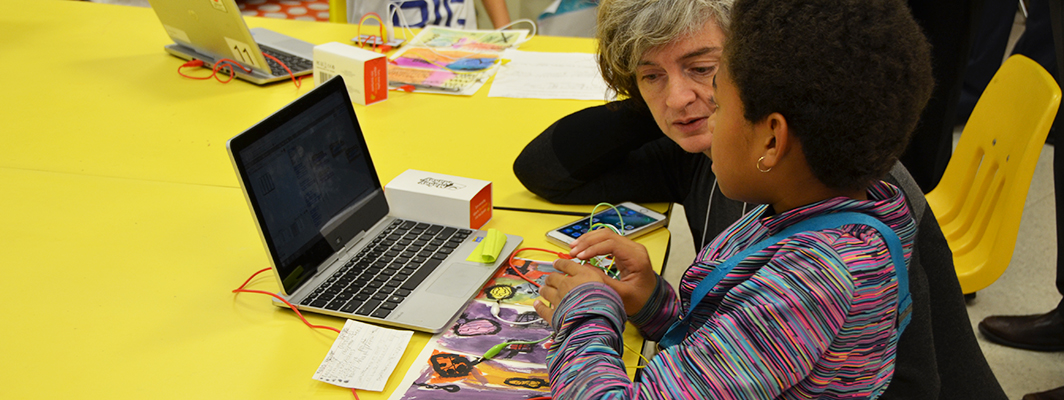
“We must meet our students exactly where they are with exactly the brains they have right now. We must use all the tools we have available to us and not expect them to fit into a mold or all behave exactly the same.” – Dr. Gene R. Carter
While many districts, schools, and educators understand the need to shift to a culture of personalized learning, many others still struggle to transition fully from the one-size-fits-all approach and truly change instruction. The latest research and evidence from the field of neuro and learning science provide some explanation for this challenge, explaining just how complicated learning actually is.
Truly personalized learning should leverage the nuanced strengths of each individual student to support their challenges. Unfortunately, findings from this research are often disconnected from those who are most invested in utilizing them – educators themselves.
In an effort to bring this latest learning science to educators, the Friday Institute for Educational Innovation has connected its Learning Differences MOOC-Ed with Digital Promise Global’s Learner Variability Project to create a micro-credential stack focusing on learner diversity and students’ learning differences.
These 10 micro-credentials help educators better understand the many aspects contributing to how students learn, from the way our brain processes information to the impact of emotional intelligence on learning.
The stack builds off of the Learning Differences micro-credentials the Friday Institute developed and explores the following 10 dimensions of learning variability:
These micro-credentials support educators bring into practice a more personalized instructional approach, focusing on each student’s individual learning strengths and needs.
Each micro-credential begins with an overview of a construct or idea in personalized learning that is supported by the latest research to help educators gain a deeper understanding of its importance in the learning process. Educators are then asked to identify a student’s strengths and challenges, and create and implement a plan that supports the student in meeting their goals for learning.
For example, a teacher might have a student who has a hard time during transitions but who is very engaged in classroom discussions. Using the research provided by the Self-Regulation micro-credential, that teacher realizes that is the core challenge for this student. So, to better support this student, the educator has a conversation with her to learn more about self-regulation together and come up with a plan. They determine together that getting a warning a few minutes before transition might help the student better adjust from discussion into independent work time. After exploring some of the micro-credential’s supporting resources, the teacher proposes using a countdown strategy to give the student an opportunity to share thoughts and engage, but also prepare for adjusting to the next part of the lesson. For example, the teacher might say, “We’re going to hear from three more people before we move on. Kayla, will you go next?” The educator records the implementation of this strategy in action and submits it as part of the Self-Regulation micro-credential.
In our experience, educators have found it extremely empowering to have the language and knowledge not only to define the specific needs of their students, but strategize on how best to meet them. They no longer find themselves grouping their students into broad categories or “learning zones”, but recognize their students as individual learners with unique strengths all their own – and any educator will tell you it’s in leveraging these strengths where transformative learning actually happens.
Learn more about the Learning Differences micro-credential stack here.